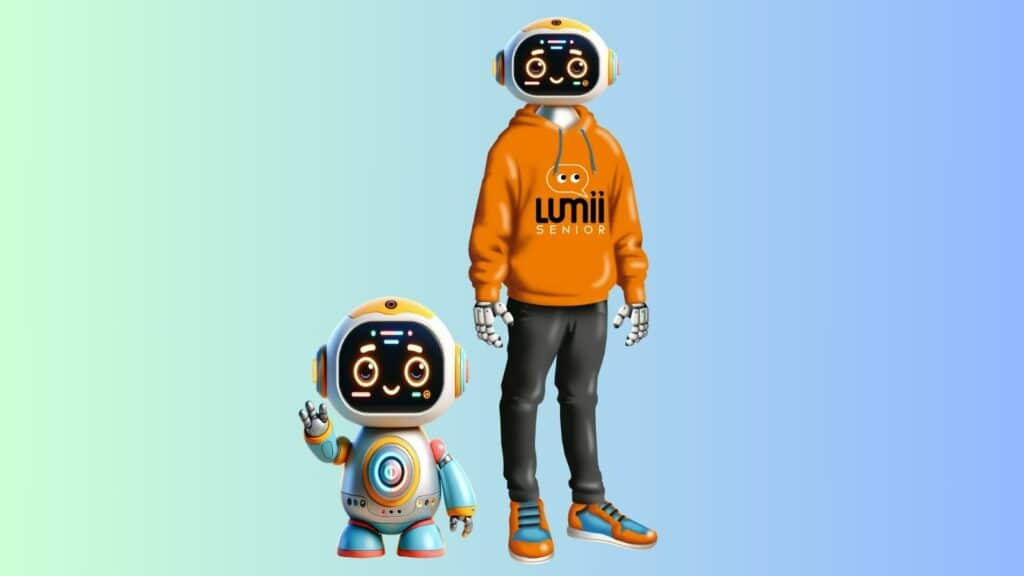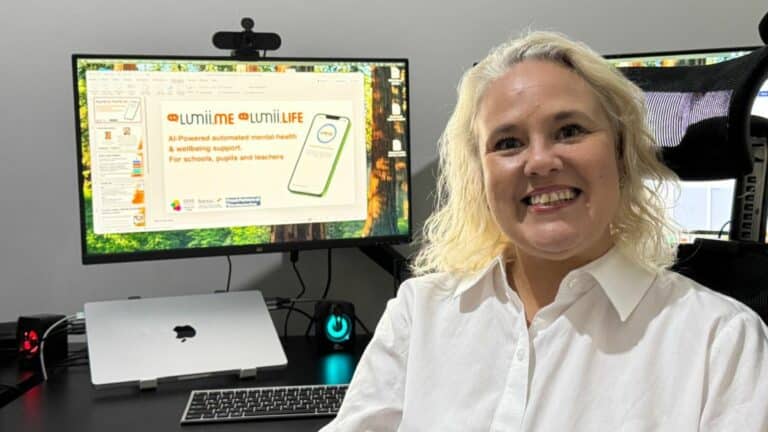“They said he was just a quiet boy,” reflects Laura Tristram, as she suddenly noticed something ‘unusual’ about her then 8-year-old son’s behaviour.
“My son started to develop a vocal tic and was making little noises consistently. I thought it was unusual, because I’m a mum of three and I’ve been working with kids pretty much all of my life.”
It started the beginning of a long battle for the mum-of-three from Cheshire, who is also a former teacher of 27 years, as she tried to get support for her young son.
Numerous trips to the doctor and school led to unsuccessful referrals to CAHMS, a mental health service for children.
“It gradually got worse. By the end of 2022, he developed a physical tic so his head was jolting backwards and the vocal tics were still going.”
With an initial diagnosis of anxiety, questions were raised around whether her son had special educational needs and the need for an assessment into autism and ADHD.
“He couldn’t access CAHMS for two reasons: there was a [parental] relationship breakdown and because he was possibly Sen. Surely, kids with Sen and relationship breakdowns in families need help more?”
It was an “incredibly hard” time. Her son was ruminating about issues with friends, he struggled to sleep, and he became reluctant to go to school.
“He was having more meltdowns at home and withdrawing from social activity. He was self soothing by sucking his skin, feet and his clothes,” she explains.
“They [school] weren’t recognising what was happening with him,” she explains. “I felt shocked, disgusted, let down. At that point, I felt quite hopeless, because it was like nobody’s really listening.”
“He didn’t want to live anymore…”
In March 2023, she heard the words no mother would ever want to hear.
“He turned to me one night and said he needed to ring his siblings, who were grown up and had left home, to say goodbye and that he was really sorry but he had to kill himself tomorrow.”
Scrolling through her phone, she discovered a number of desperate text messages her son had sent to the Samaritans as a cry for help – but he had texted the phone line so they were still lingering in her outbox, undelivered.
“They basically said that he didn’t want to live anymore. He hated his life, and he was going to end it.”
Devastated, she realised she needed to do something urgently.
In the midst of an on-going dispute with her former partner, she received an emergency GP appointment but spent a further 12 months of feeling “very isolated, unsupported, sat there in crisis” to eventually receive the help her son desperately needed – and an official diagnosis.
“There was anxiety around the family situation, but he was struggling in school, which turns out to be not just anxiety, we now know that he is autistic in quite a complex way.
“He was in reception during Covid, so I think a degree of things had not been picked up at school and he really started to struggle as he went back to school, and it built up.”
“He never went back to that school, even though we tried to work with them, and he had six months of emotion-based school avoidance, during which time he was extremely unwell. He ended up in hospital twice because he attempted to harm himself.”
“It was horrific”.
“If I could create something that helps one child…I’ve done what I can”
Thankfully, things have since turned around with her son’s mental health. Now, Tristram is turning her family’s experience into what she hopes will be a positive for other parents and their children, and eventually shake-up how schools deal with children struggling with their mental health.
“That’s where Lumii.me really came into play, because I knew if I could create something that helps one child or one family, then I’ve done what I can,” she explains.
“I was just so appalled by the lack of mental health support for children – the lack of awareness, availability of tools and resources in school, plus training around mental health – that I knew I had to try and do something.”
Thanks to the help of a good friend and serial entrepreneur Mark Beedles, who is now her co-founder and husband, she was able to turn her idea into a reality.
Unable to work full-time as her son would “koala hug” for three quarters of the day, it became an “intense” time which is when she first approached Mark Beedles to see if she could help out with a teacher training app he was developing at the time.
Following a much needed family holiday, the duo sat down to discuss how they could help others in the same position.
“I said: ‘Mark, I’ve got to do something about this’. I just can’t let other people go through this. It’s not okay.”
After playing around with ideas and AI, once they had a proof of concept in place she approached a local school, where she was friendly with the head teacher.
Following a successful pilot, Tristram officially launched AI-powered app Lumii.me in 2024 and is now on a mission to help other children to ensure they too can receive immediate wellbeing support.
Now based between Cheshire and Dubai, Lumii.me has since developed out from a focus on primary school children to a version that includes secondary schools, with the app communicating in at least 25 different languages.
How it works
In a nutshell, Lumii.me provides a “safe and caring environment” where children can express their emotions – either at school or at home.
It is designed to deliver real-time positive affirmations and coping strategies via a three-way AI chat. The chat bot, a little robot called Lumii, uses a large mental health model that pulls on “over 30 years of mental health and psychological therapy”.
READ MORE: A force for good: how AI innovation is helping to solve societal problems
If a child is going through distress or has additional, on-going support needs, children are able to input how they feel that day and have a dialogue with the chat bot.

For schools, it helps to monitor and track what the children are saying through a ‘traffic light’ moderation system – green for ok, amber if the child needs someone to talk to, red for urgent intervention, and purple for safeguarding issues. This immediately alerts the school if any issues are identified to enable teachers to step in where needed.
“If a child is at risk, the assigned person in school will get a text and an email within about 10 seconds of that child inputting something into the chat. They can go into it on their phone, wherever they are, and explore what’s happening and take action.”
She says this can be used as evidence to send to CAHMS, a GP or social services. And apparently it’s been a big hit with the schools she’s trialled it with so far.
“Teachers have too much to do already”
According to data from the Royal College of Psychiatrists in 2024, referrals for children’s mental health soared by 53% while the World Health Organisation reports one in seven 10-19-year-olds experience a mental disorder.
As teachers are increasingly struggling under budget cuts with high workloads, Tristram hopes Lumii.me will ease the burden for them too and help them identify students who are struggling much quicker.
“Teachers have too much to do already. Now they have a big problem, where children are essentially struggling more. The good thing is, by using Lumii.me, it frees up your teacher or teaching assistant and saves on workloads.
“Feedback has been that it does significantly reduce workloads. One of the biggest things now as a teacher is dealing with pastoral circumstances.
“As a teacher, we love that connection and relationship-building, but there’s not enough time in the day to dig into the extent that you want, which is really sad.”
As the app has just been developed, the future ambition is to work with a wider range of schools to help more children and teachers.
Eventually, she has a much bigger vision for Lumii.me beyond schools and is already in conversations with parents who have hit the headlines in the past who have sadly lost their children to suicide – and it’s also available for adults now too.
“Eventually I would like to include a system that parents can use at home that would link in with schools. So the parents don’t necessarily get the full moderation system, but they’ll get top tips and resources on how to support their child, so that it almost then becomes a full 360-led suite of support.
“It’s very exciting as I’m so passionate about it. It’s been difficult for me because I just want to help people.”













